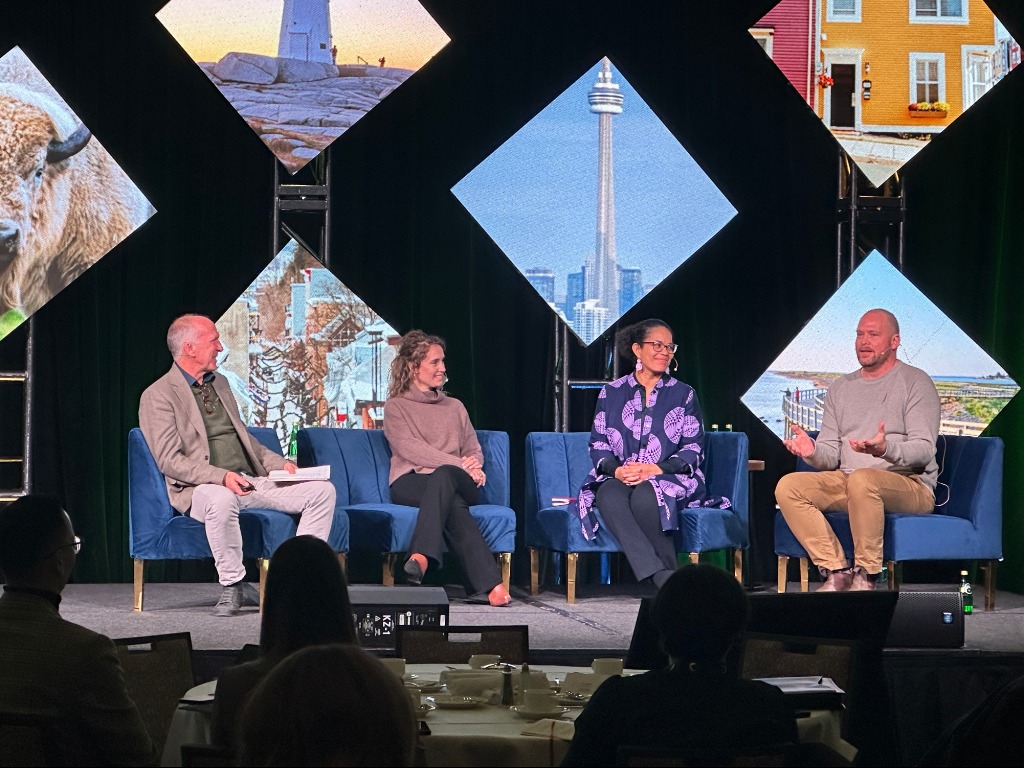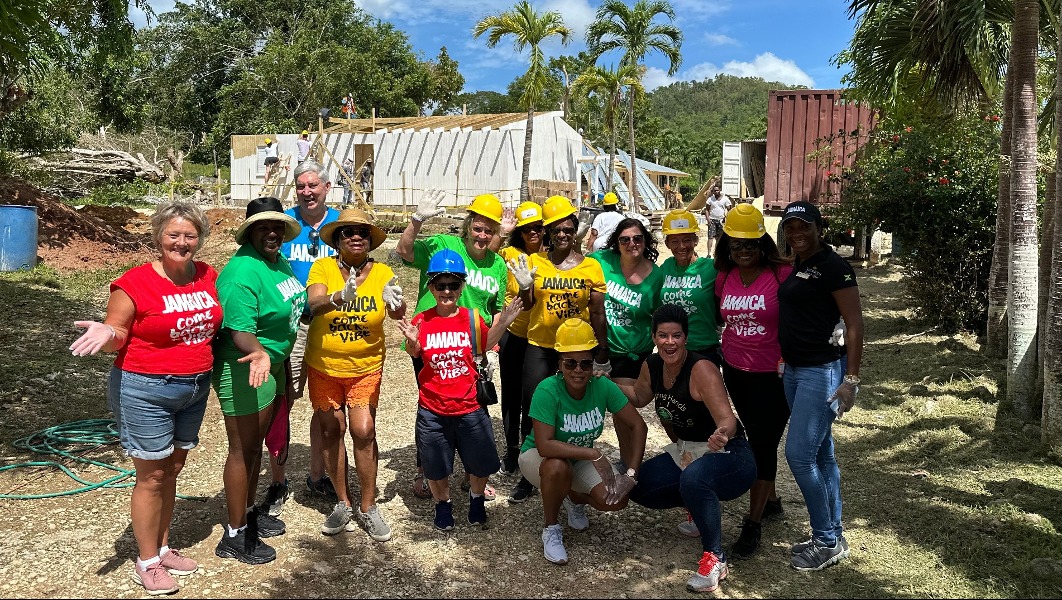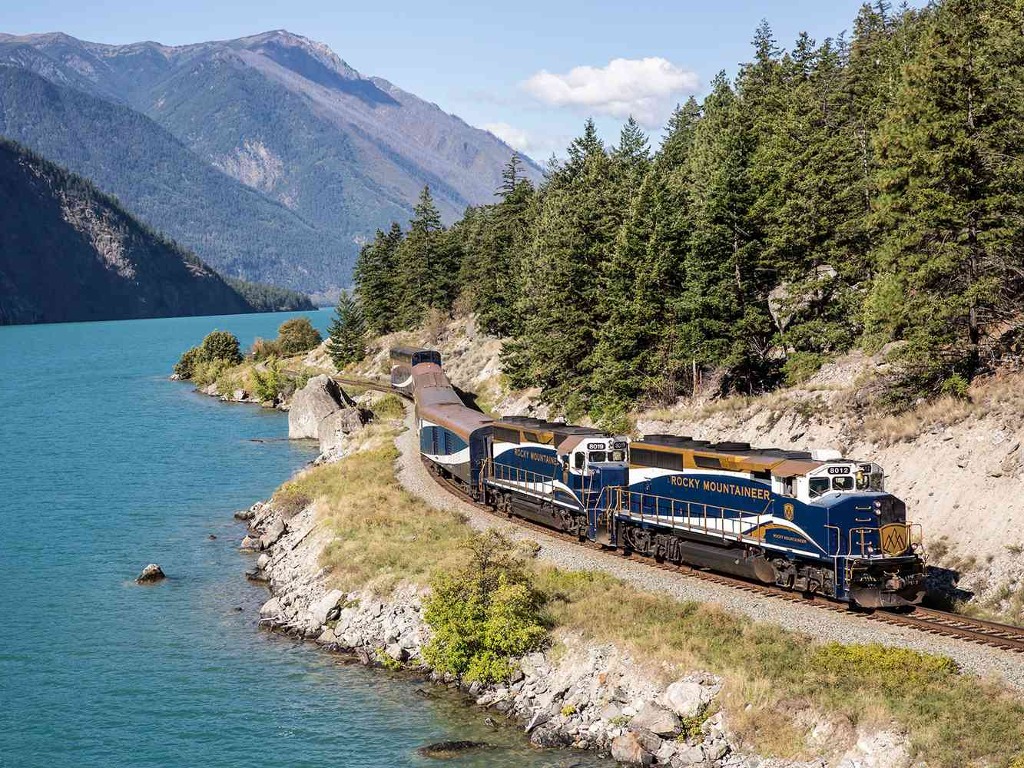Understanding the Evolving Landscape of the Canadian Travel Consumer

During the Tourism Industry Association of Canada’s (TIAC) 2023 Tourism Congress in Ottawa, an expert panel offered insights on understanding the travel consumer and revealed one essential fact — tourism is not just about destinations and experiences anymore.
Operators – and Canadian travellers – are facing the new realities of inflation, climate change, Indigenous reconciliation, workforce changes, housing constraints and more.
As moderator, Greg Klassen, Senior Director, Twenty31 A Skift Company, pointed out, 20 years ago, TIAC conferences never included issues like human rights or climate change, but now they are part of every discussion.
According to the panel, today’s tourism experiences should reflect and align with travellers’ values, providing an authentic and fulfilling experience, that is respectful of the people and location.
The way to get there, the panel agreed, was through increased collaboration and engagement with the local community. There is no single answer.
Brian Cant, VP, Business Impact & Engagement, 4VI, operating out of Vancouver Island, spoke about the challenges that his local communities are facing when managing the impact hundreds of thousands of seasonal tourists visiting towns like Tofino, and finding the right ways to deal with these challenges.
On the other hand, Joanne Wolnik, Executive Director, Southwest Ontario Tourism spoke about how tourism allowed local musicians and artisans to share their passions and artistry with visitors, enriching both tourism and communities.
Angela Cassie, Chief Operating Officer, Travel Manitoba, made the point that following the COVID shut down, people are no longer taking travel for granted. And they want it to be memorable and authentic – a once-in-a-lifetime experience like viewing the Northern Lights.
This helps explain why travel continues to rise in the face of inflation and high interest rates. As Wolnik noted, tourism has become a “need to have,” not a “nice to have.”
Another insight offered by the panel was that traditional approaches and markets are changing – and so are opportunities. 58 percent of new Canadians express interest in travelling in Canada.
However, the question for the panel was ‘What does that really mean?’ The told the audience that the industry needs to get a better understanding of who these people are and what they want to experience. 84 percent of people under the age of 44 want to travel in Canada, but the question is does Canada have the product?
Panelists also agreed that there is a general shift away from consumer travel websites, as people increasingly use tools like Tik Tok to both source and validate their travel choices. Marketing has to be authentic and respectful of the people, places and spaces that are being asked to welcome visitors.
The panel also discussed the sustainability challenge, namely that while 67% of travellers would choose more sustainable options, they do not want to pay more for it. And that raises the question of ‘how can tourism find sustainable experiences that they will buy?’
There are no easy answers, but there is a strong determination to keep an open dialogue to find real solutions that meet the needs both of tourists and the communities and people that welcome them.
Story by Debra Ward
Photo by Greg Ohman


